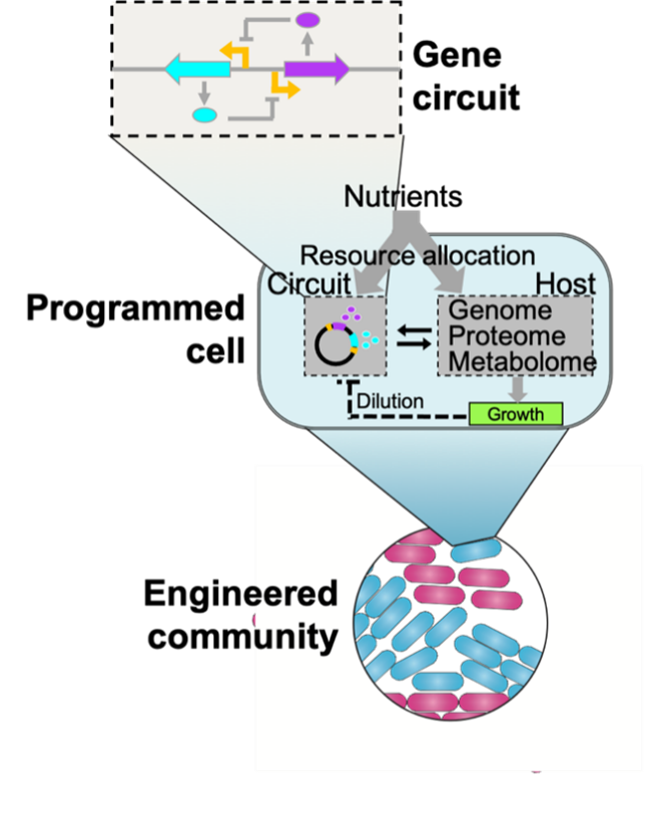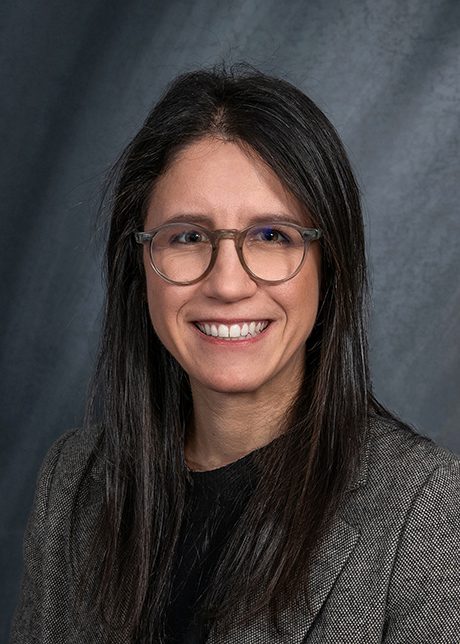Biomedicine and Biotechnology

From genes to whole-body transport, Rochester chemical engineers harness biology to improve human health and the planet. We design and model synthetic gene circuits and engineered microbial consortia that digest waste, make high-value chemicals, and slow the spread of antibiotic resistance. We then apply the same microbial logic to create sequence-controlled, recyclable polymers that close the plastics loop.
At the molecular scale, our teams pair data-driven simulation with wet-lab synthesis to predict peptide therapeutics and decode complex biochemical pathways. On the materials front, electrochemically grown ceramic and polymer coatings trigger bone regeneration, prevent biofilm formation, and amplify the sensitivity of photonic biosensors, linking engineered surfaces to living tissue and real-time diagnostics.
Bridging these scales are advanced modeling tools: high-fidelity computational-fluid-dynamics simulations map blood, cerebrospinal, and urinary flows to guide surgeons, dental specialists, and other clinicians at the University of Rochester Medical Center. By integrating synthetic biology, smart materials, AI, and patient-specific fluid mechanics, the department delivers holistic solutions that span bench, bedside, and bioprocess, preparing students to lead the next wave of biomedical and biotechnological innovation.





